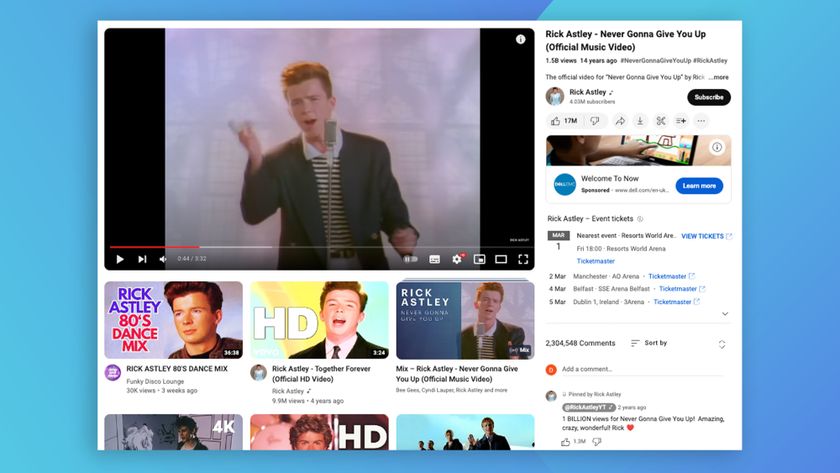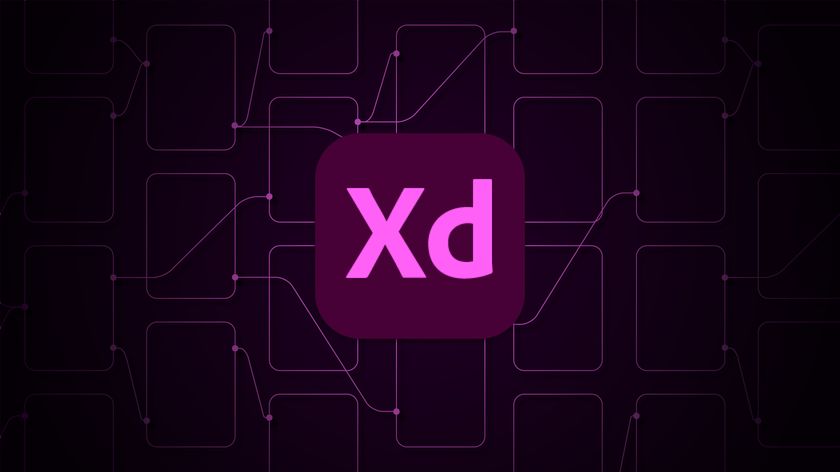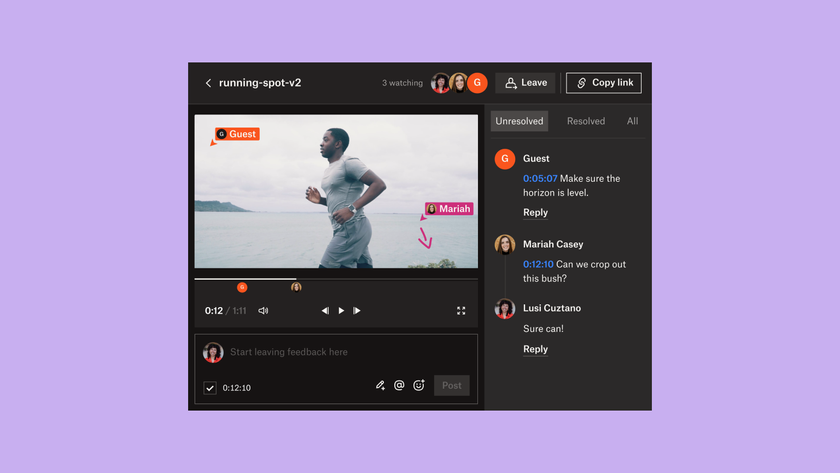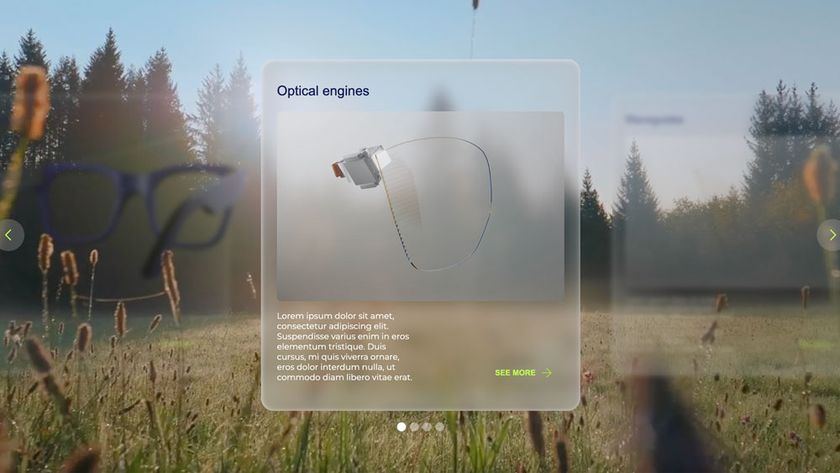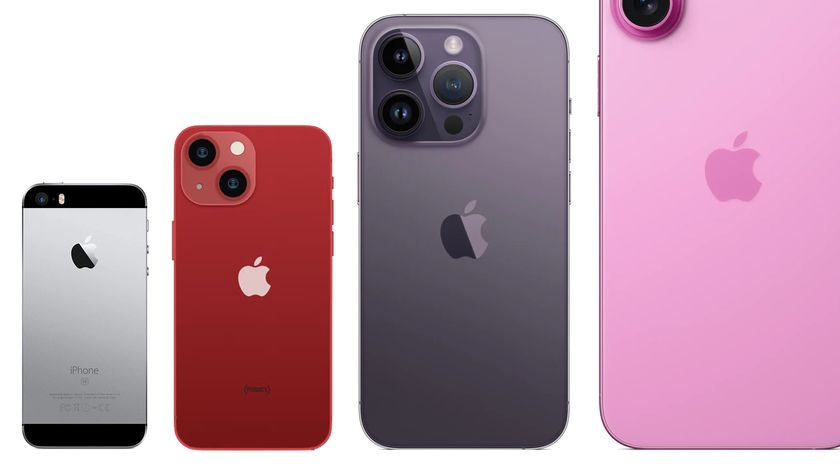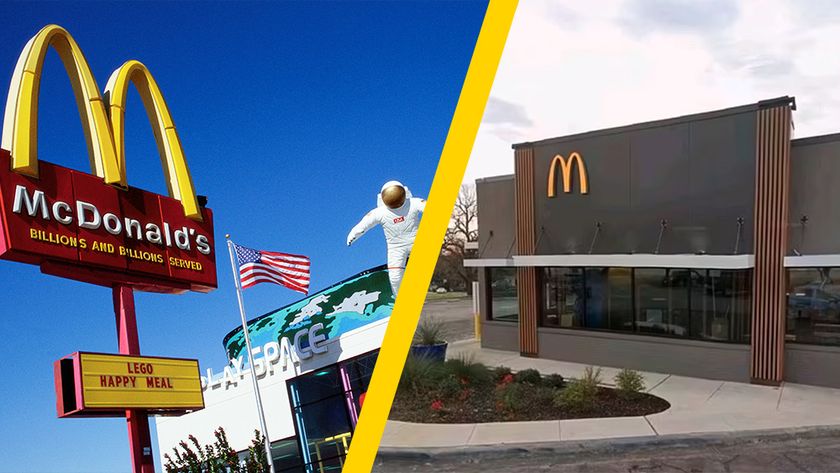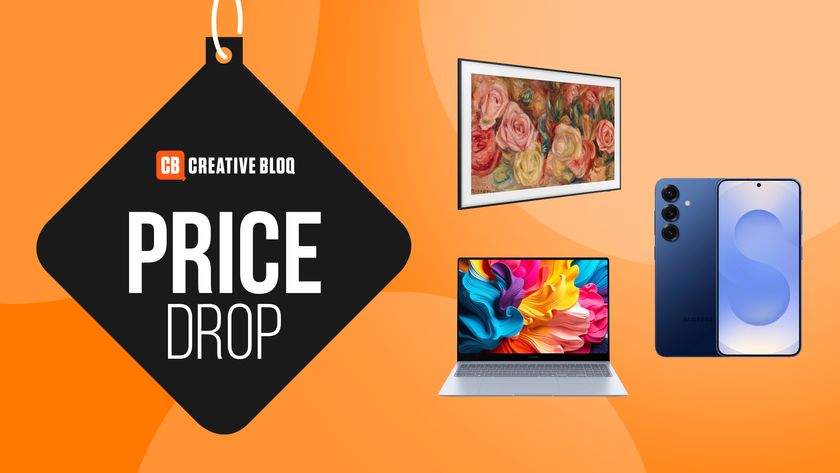Aral Balkan launches open platform initiative
Codename Prometheus to compete on user experience in the consumer space
Experience designer Aral Balkan has revealed plans to create an open platform that competes on user experience in the consumer space.
Codename Prometheus was inspired by the fallout related to recent surveillance programs such as Prism and shortfalls in current open products. His aim is to create an open solution that gives users a great experience 'out of the box' but also protects privacy and respects users' human rights.
The project is still in its very early stages, but in an interview with .net, Balkan (AB) explained the reasoning behind Codename Prometheus and also why open solutions need a change in direction.
.net: Why are you doing Codename Prometheus?
AB: Apple’s closed-source products compete on design. In terms of having an organisation that can turn out beautifully designed innovative products, there’s no-one that can touch Apple. But when you consider the Snowden leaks, SOPA and all of those things, we need products that will also give people control and ownership over their devices and data. We need open solutions that are successful in the consumer space.
.net: What do you see as the problem of existing open solutions?
AB: They're features-led, not design-led. It’s all about geeks creating stuff for geeks. There’s nothing wrong with that, but it won’t magically meet the needs of mere mortals.
When open works, it’s great. Open source libraries are awesome, and open powers most of the internet. But the moment you look at mainstream consumer products, there’s nothing. Most people don’t buy hardware to install software on; that’s how geeks think. Those working on open solutions don’t think about the holistic experience, mostly because they don’t and can’t control the entire experience.
.net: How does Codename Prometheus seek to solve this?
AB: It’s a third alternative. You’ve closed-source design-led products that are awesome and winning. You’ve [got] open, which is features-led, democratic decision-making and design-by-committee. We need experience-driven design-led open. We’re going to create a product (and we don’t yet know the form factor. That will come out of our research), and the experience will be protected because that’s what we’ll be competing on. I want people to buy it because it’s a better experience, not just because it’s open. That’s not a competitive advantage in the consumer space.
Get the Creative Bloq Newsletter
Daily design news, reviews, how-tos and more, as picked by the editors.
.net: Does Codename Prometheus tie into the open web?
AB: Absolutely, but if you look at the web today and talk about ‘open’, we’re talking about the open web and not the web in general. The web is mostly closed. Wikipedia’s the only really big player that’s open, and everything else is a walled garden.
Also, closed loves closed. Twitter and Facebook are integrated at the iOS system level, so you don’t have to mess with things like OAuth, which is a horrendous user experience. Any app you want to tweet from just needs to be authorised. Apple will never integrate an open solution at the OS level. But with our product, we can integrate open systems — maybe as part of a cloud solution — so you can share on open networks as easily as you can tweet on iOS.
.net: How do you see a cloud solution working with Codename Prometheus?
AB: When you look at cloud solutions today, there are hurdles to get started, and compared to something like iCloud, you’ve already lost. You’re competing with a setup wizard that offers a seamless experience during someone’s first moments with their device. An open solution will never be integrated at that level, and so, if we want an open cloud solution to succeed, it has to be integrated at the OS level of our own product.
.net: But how would that fundamentally differ from the likes of iCloud?
AB: If you don’t know what these things are, it won’t matter. It’s just a case of “do you want us to host this for you?” It's about pragmatism and experience over ideology: intelligent defaults. But the difference from, say, Apple, is that if I ever want to, I can take that full cloud solution and run it on my own server.
.net: So it’s about making an open solution that works for everyone but that has added depth/customisation for those who want that?
AB: Exactly. The way I see it is we’re just hosting your server. That’s all we’re doing. It’s your server. We don’t own your data and we don’t want to. We’ll keep as little of it ourselves and it’ll be as decentralised as possible.
.net: Do you think Firefox OS is already doing something similar to your plans?
AB: I have the utmost respect for Mozilla. It’s one of the few companies absolutely working for the betterment of humanity. Mozilla’s also been building great infrastructure that we can learn from and use — and it’s the same with Linux. But I don’t think Firefox OS is the answer.
I have a dev phone, and beyond Mozilla not controlling the entire experience (due to carrier and hardware manufacturer customisation), web technologies are native. So on iOS, the system is focused and there are human interface guidelines, which means you know one app and you can use most of the others. There aren’t such conventions on the web, so each Firefox OS app has its own culture and its own conventions. From one app to another, you could be using an entirely different device. The user experience is not consistent, but you’re competing with platforms that do have that consistency and a consistent high quality experience throughout their ecosystem.
.net: So what's needed is Mozilla's openness but also Apple's integration and design?
AB: And that’s one of the biggest challenges. Really, the ultimate goal is to take on Apple and compete on design — not anything else. When someone buys the first Prometheus product because it’s a better experience, despite not caring about privacy, open, or rights, that’s when we’ve won. That’s what we’ll compete on. It just happens to be open, and that's a radical departure. It will also truly encourage the open web, because we can support it.
I’m very clear about how enormous a task this is, but I’ve got a pretty good game plan for it!
Keep up with developments of Codename Prometheus at @i_am_prometheus

Thank you for reading 5 articles this month* Join now for unlimited access
Enjoy your first month for just £1 / $1 / €1
*Read 5 free articles per month without a subscription

Join now for unlimited access
Try first month for just £1 / $1 / €1
The Creative Bloq team is made up of a group of design fans, and has changed and evolved since Creative Bloq began back in 2012. The current website team consists of eight full-time members of staff: Editor Georgia Coggan, Deputy Editor Rosie Hilder, Ecommerce Editor Beren Neale, Senior News Editor Daniel Piper, Editor, Digital Art and 3D Ian Dean, Tech Reviews Editor Erlingur Einarsson and Ecommerce Writer Beth Nicholls and Staff Writer Natalie Fear, as well as a roster of freelancers from around the world. The 3D World and ImagineFX magazine teams also pitch in, ensuring that content from 3D World and ImagineFX is represented on Creative Bloq.
